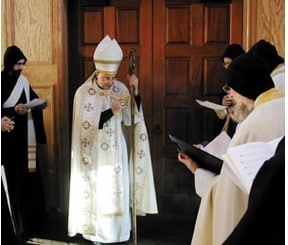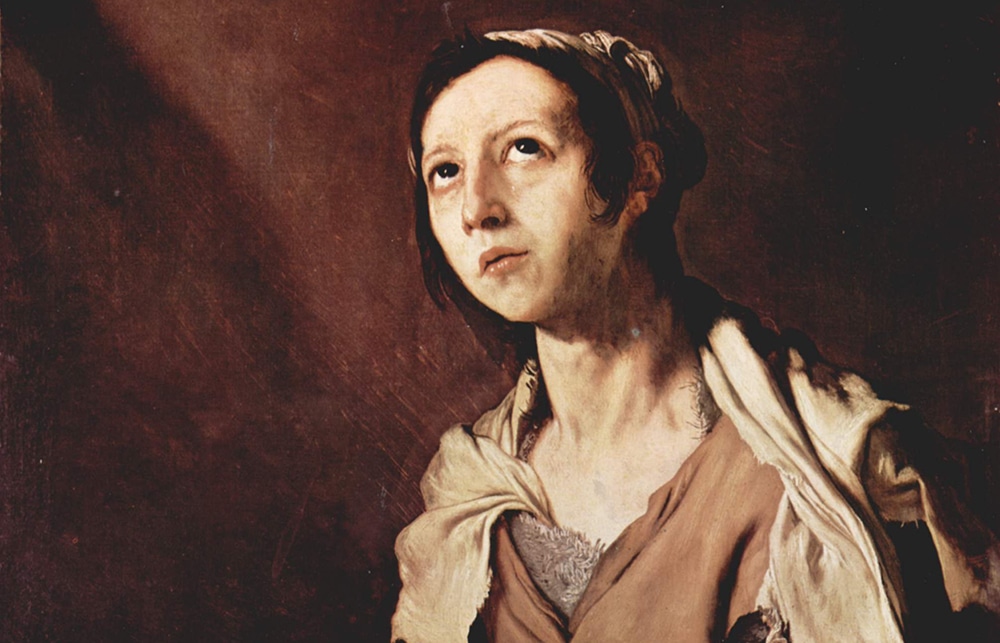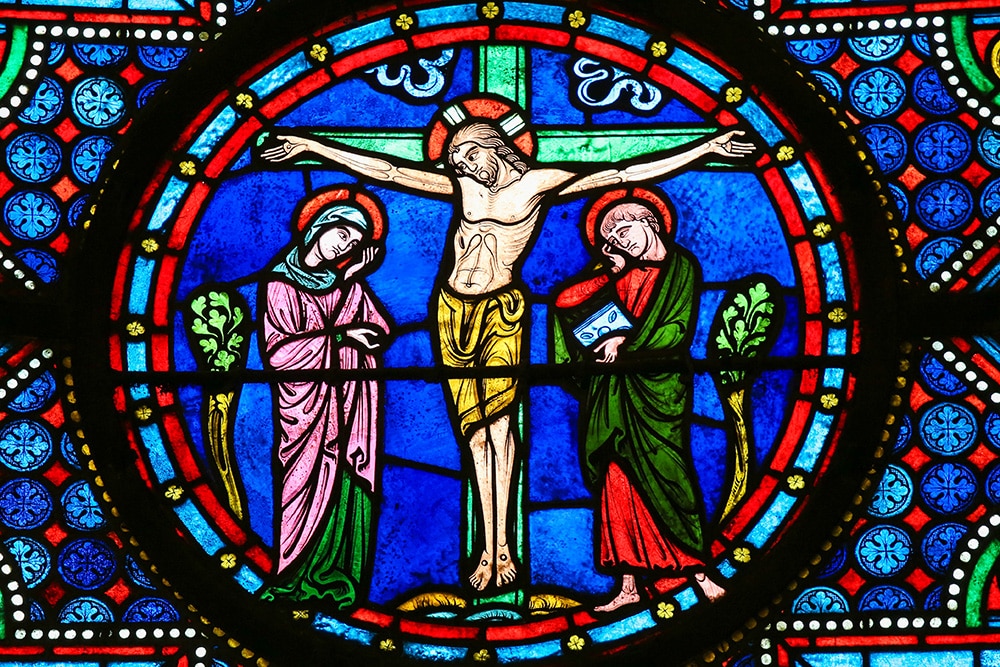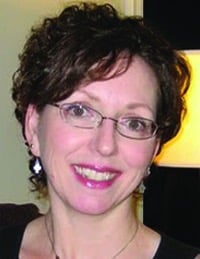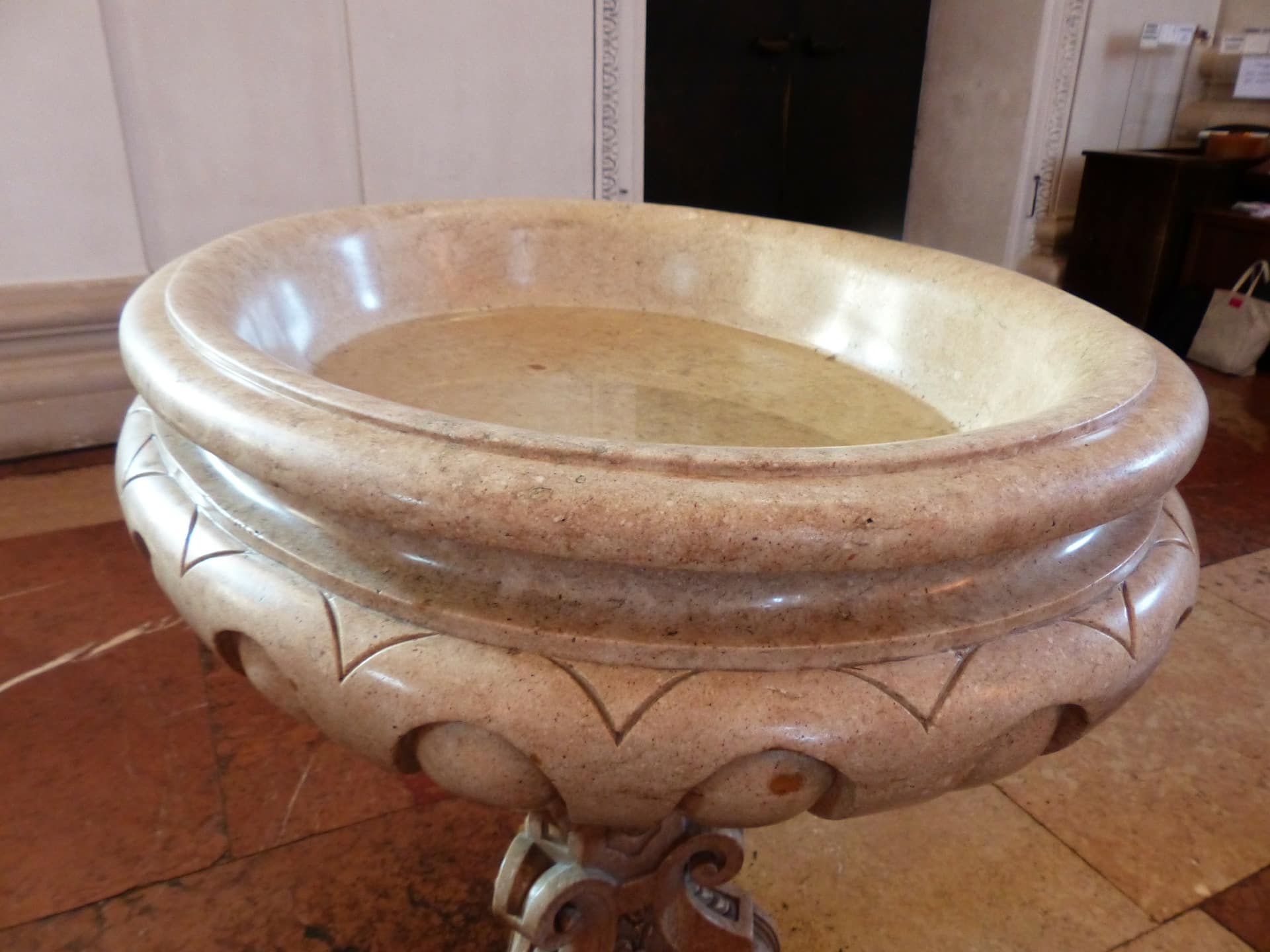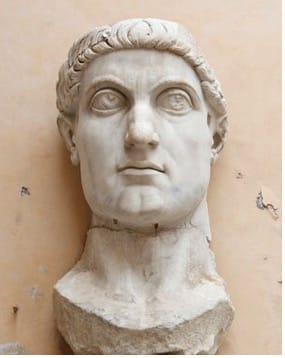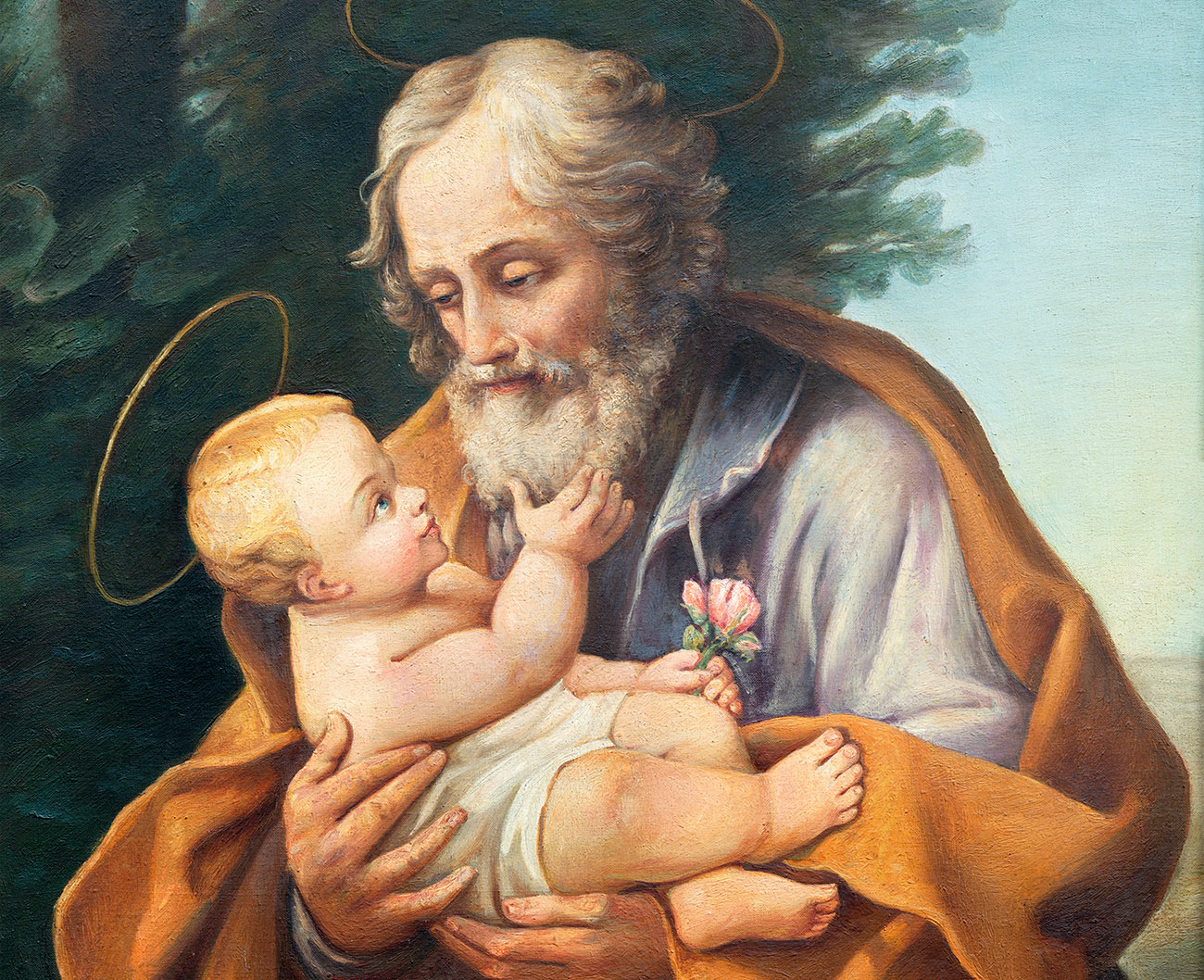Many Catholics know the roles priests and women religious play in the Church, but are less familiar with other vocations to the ordained and religious life. What follows are brief introductions of brothers, monks and deacons.
Brothers
A religious brother is not halfway to becoming a priest.
“It is a totally separate vocation that complements the vocation of the religious sister. It has its own identity,” said Holy Cross Brother Paul Bednarczyk, executive director of the National Religious Vocations Conference. “I think that the brothers’ vocation is one of the best-kept secrets in the Catholic Church.”
It takes from three to six years of formation before a brother takes final vows of chastity, poverty and obedience. The vocation is rooted in relationships in the terms of brotherhood, which means that they live in community.
“There is a freedom that comes from being a brother in regards to the type of ministry,” Brother Bednarczyk said. “Brothers will be teachers, administrators, doctors, and they can be food service coordinators. We are not sacramental ministers, but we can do various ministries within the Church. We can be in health care and we can do manual labor. What distinguishes us is that we come to the vowed life and community to deepen our faith.”
Monks
Maronite Bishop Gregory Mansour blesses the monks during the consecration of the monastic church at Most Holy Trinity Monastery in April 2005. Photo courtesy of Maronite Monks of Adoration of Most Holy Trinity
The Maronite Monks of Adoration of Most Holy Trinity Monastery(www.MaroniteMonks.org) in Petersham, Mass., are an Eastern-rite contemplative community of 20 men, half brothers, half priests. Because they “observe a fervent silence,” vocations director Father Michael Gilmary responded to an email interview.
Our Sunday Visitor: Since you are a contemplative community, how do you make men aware of your monastery?
Father Michael Gilmary: Being cloistered, we don’t travel to religious or vocations conferences and we have no “invitations” for vocations retreats. We simply depend on God’s Providence. Our mind on the matter is: if we are faithful to what he asks us and we ask him for vocations, then they’ll get here.
OSV: What draws men to the life of a Maronite monk?
Father Gilmary: Often what draws men here is a life of adoration. But let me clarify: We don’t have perpetual adoration. Rather, our first form of adoration is the sacred liturgy; the Mass and the office (we call it “divine praises”). And we have our private prayers … and two hours of prayer each day for each monk before the Blessed Sacrament exposed. So, anyone who has a love of prayer will feel drawn to our form of life. In a way, that love of prayer will be the best preparation to hear a call to our life, too.
OSV: Are men who join young or mature?
Father Gilmary: When I arrived [in 1989] I was in my mid-20s, and in the following years several others in their 20s came to stay. In the last year or so, we’ve had men in their 20s, 30s and 40s come. Occasionally, especially with candidates who are already religious in other institutes, we might admit men in their 50s or 60s, but those are exceptions.
OSV: What is behind the decision to be a brother rather than a priest?
Father Gilmary: In our life, other than the sacramental actions of priests, the life is exactly the same for brothers and priests. We all have the same life of prayer, reading, study, work. That’s our chief call, to be consecrated as monks. Priesthood consecrates that in another way; it adds a special conformity to Christ in our life of sacrifices. The brothers who don’t sense or hear a call to ordination simply continue the life as is. And the ones I know are happy and holy. Thank God!
Deacons
“He does it because he believes that God is calling him,” said Deacon Craig Siegman, 64, who was ordained in the Archdiocese of Los Angeles in 2000 and is director of diaconate formation. “It is a call to serve at another level.”
The archdiocese has 365 deacons. They proclaim and assist at Mass, preside at funerals, and perform works of charity and social justice.
If a candidate is married, his wife is involved in the process.
“If he is being called, then they are being called as a couple,” Deacon Siegman said. “So he needs her consent and we ask them to pray about it. Our wives have to be committed, and in our archdiocese, we require wives to participate at a high level throughout the first year. Our hope is that they continue because they have had a wonderful experience not only in seeing their husbands formed, but in seeing themselves grow, and that they grow as a couple.”
Some dioceses require their deacons to obtain formal education at the college level. The Archdiocese of Los Angeles requires one year of aspirancy and four years of group learning.
Maryann Gogniat Eidemiller writes from Pennsylvania.

